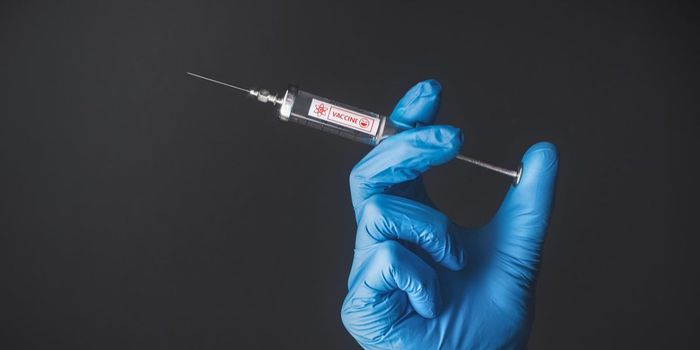The University of Queensland (UQ) researchers have been “checking what’s in the bank – the Brisbane Breast Bank.” They report that it has “paid dividends for UQ cancer researchers” looking into metastatic brain cancer.

According to a press release from
UQ that was reported in
Drug Discovery & Development, Dr. Jodi Saunus and Professor Sunil Lakhani from the UQ Centre for Clinical Research have worked with rare metastatic brain tumor samples to discover genetic information that could lead to new cancer treatments.
Metastatic brain tumors − cancers that have spread to the brain from another tumor – are currently incurable, with life expectancy ranging from a few months to a few years after diagnosis. According to the
National Institutes of Health, metastatic brain tumors occur in about one-fourth (25%) of all cancers that spread through the body. They are much more common than primary brain tumors (tumors that start in the brain).
According to Dr Saunus, the study was the first of its kind to use genome sequencing to examine a cohort of secondary brain tumors. As she explained, “This study deepens our understanding of secondary brain tumors and highlights opportunities for new drug targets. We have identified particular genes and inter-related networks of genes linked to the development of brain metastases. We have also found potential drug targets in a large proportion of the tumors, including a molecule called HER3 that we had already been investigating.”
Additionally, Dr Saunus stated that new treatment options for metastatic brain cancer patients were desperately needed. She said, “Identifying new targets could have a huge impact on fighting this disease, as it lays a foundation for the development of new treatments. With the incidence of brain metastases increasing, the burden of this complication is now greater than any individual cancer type. Despite being responsible for most cancer-related deaths and illness, secondary cancers are not a current focus of large-scale cancer genome sequencing studies. However, with increasing development of more effective cancer treatments, there could be new opportunities to explore.”
According to Dr Saunus, the discoveries would not have been possible without the valuable samples provided by the Brisbane Breast Bank, as metastatic brain cancer tissue samples were not easy to find. She added that the research team anticipated the data from the study would be more extensively analyzed by the international research community.









